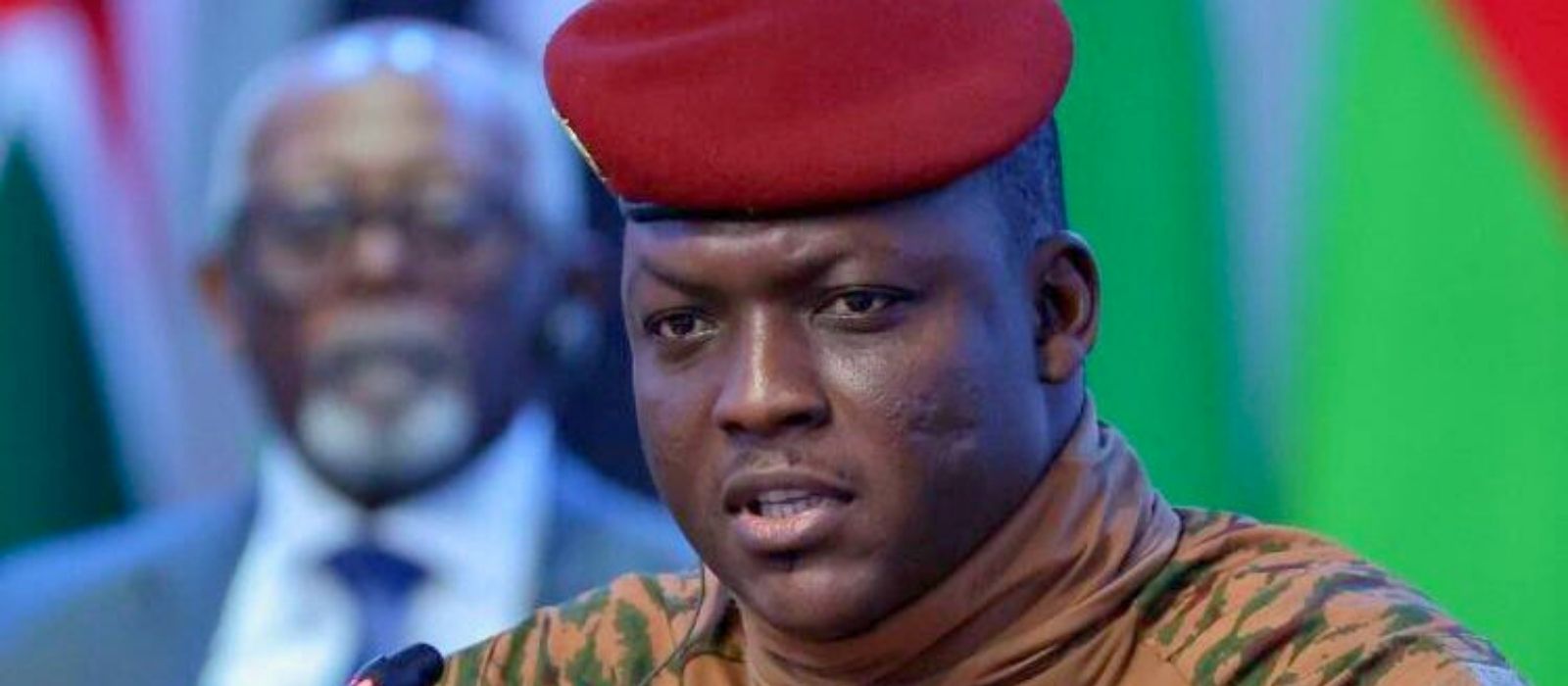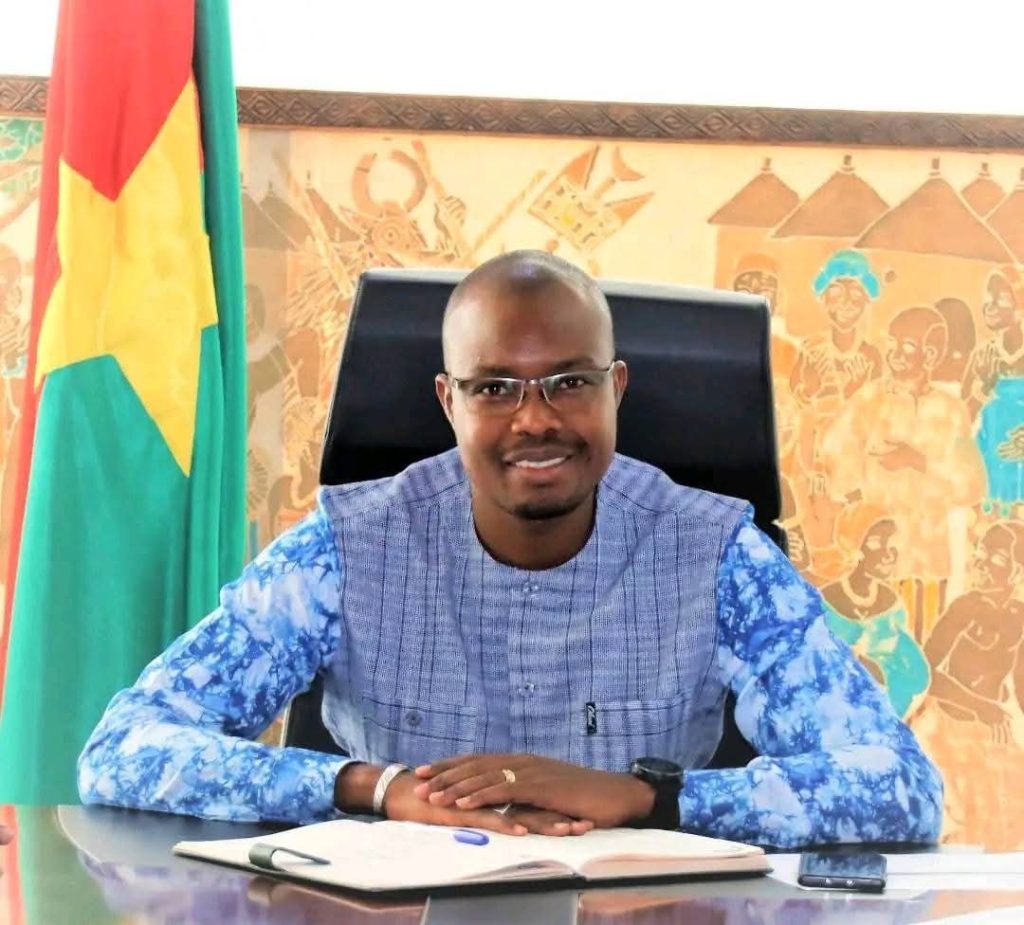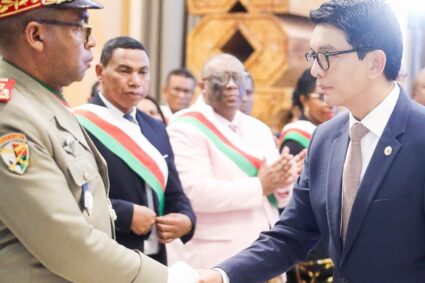
Burkina Faso’s President Ibrahim Traoré has appointed Rimtalba Jean Emmanuel Ouédraogo as the country’s new Prime Minister. The announcement, issued through a presidential decree on 7 December, was read on public television by Mathias Traoré, the general secretary of the government.
The appointment follows the dismissal of Apollinaire Joachimson Kyélem de Tambèla, whose duties as Prime Minister were terminated on 6 December. The government was also dissolved in the same decree. The reasons behind the decision have not been publicly disclosed, leaving room for speculation about the motivations and timing of the reshuffle.
Ouédraogo, who previously served as Minister of Communication, Culture, Arts, and Tourism, is stepping into the role at a time of significant challenges for Burkina Faso. His experience in public communication and cultural matters may inform his approach to addressing the country’s complex issues. However, details regarding his priorities as Prime Minister have not yet been outlined.
The reshuffle comes amid a backdrop of economic difficulties and persistent security concerns, with Burkina Faso facing ongoing threats from insurgent groups operating in the Sahel region. As President Traoré seeks to consolidate governance, the appointment of Ouédraogo may signal a recalibration of the administration’s focus and strategies.
Observers note that the reshuffle highlights the evolving nature of Burkina Faso’s political environment under President Traoré’s leadership. Since assuming power in 2022 following a military coup, Traoré has implemented several significant changes aimed at addressing the country’s pressing issues. The latest move continues to reflect this pattern of assertive decision-making.
While the long-term impact of this reshuffle remains to be seen, Ouédraogo’s leadership will be closely watched as he works alongside the president to navigate Burkina Faso through its current challenges.
Disclaimer: The views and opinions expressed in this article are those of the author and do not necessarily reflect the official policy or position of My Afrika Magazine. All content provided is for informational purposes only and should not be construed as professional advice. My Afrika Magazine makes no representations regarding the accuracy, completeness, or reliability of the information contained in this article. Readers are encouraged to independently verify any facts presented. My Afrika Magazine assumes no liability for any losses, damages, or other consequences that may arise from reliance on the information provided in this article.



